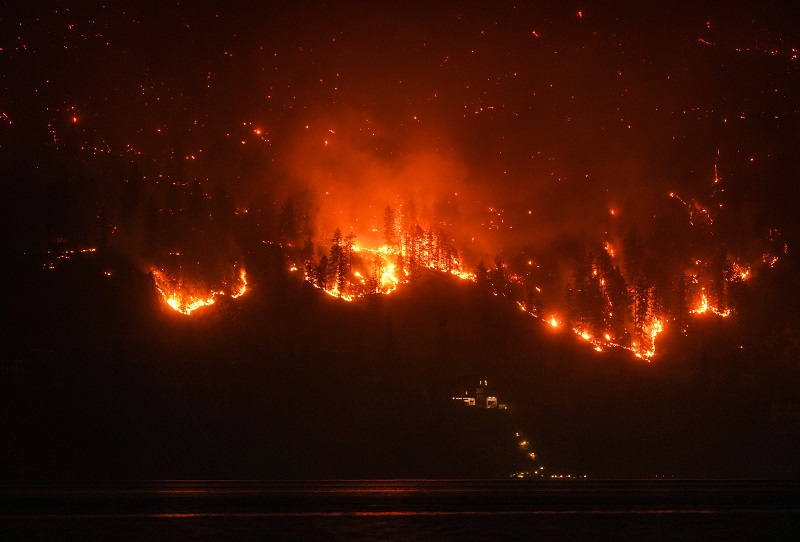NDP introduces disaster management bill as B.C. legislature opens

VICTORIA – New disaster management legislation has been introduced in British Columbia on the first day of the fall legislative session that will see four official parties in the chamber.
Emergency Management Minister Bowinn Ma said Tuesday the legislation will deliver a modernized emergency and disaster management approach that is aligned with international best practices to ensure communities are safer and more resilient.
“The Emergency and Disaster Management Act moves toward a holistic four-phase approach of mitigation, preparation, response and recovery,” she said in the legislature. “It embraces disaster risk reduction and will require that climate risk be assessed so that entities can better mitigate the impacts of climate-related emergencies before they happen.”
Ma said the legislation looks to update what constitutes an emergency to reflect modern realities and risks and provides improved tools for response and recovery.
The proposed changes come as B.C. experienced its worst wildfire season on record, with as many as 400 structures lost and a price tag nearing $1 billion.
The wildfires this summer forced thousands of B.C. residents from their homes, and recent floods, landslides and wildfires also saw many thousands evacuate communities and homes in the province.
The legislation was introduced on the same day B.C. ombudsperson Jay Chalke was due to release a report raising concerns about fairness in the government’s delivery of Emergency Support Services and Disaster Financial Assistance, both designed to support people during climate-related disasters.
The return of politicians to the legislature will mark a question period that features four parties: the NDP, BC United, Green Party and Conservative Party of B.C.
The Conservative Party of B.C. gained official party status, complete with a nearly $400,000 annual budget, after former BC United member Bruce Banman crossed the floor last month to join John Rustad.
The Office of the Clerk has said it appears to be the first time four parties will be represented in B.C.’s legislature with “official status,” but not the only time four parties have had MLAs in the legislature.
Housing is expected to be a key focus this legislative session, with government house leader and Housing Minister Ravi Kahlon promising new legislation to address permitting and zoning challenges, strengthen enforcement of short-term rentals and deliver more small-scale, multi-unit housing.
Premier David Eby said last month that his New Democrat government would also bring in new rules this fall allowing secondary and basement suites in every community in the province.
Feature image: The McDougall Creek wildfire burns on the mountainside above a lakefront home, in West Kelowna, B.C., on Friday, August 18, 2023. THE CANADIAN PRESS/Darryl Dyck







